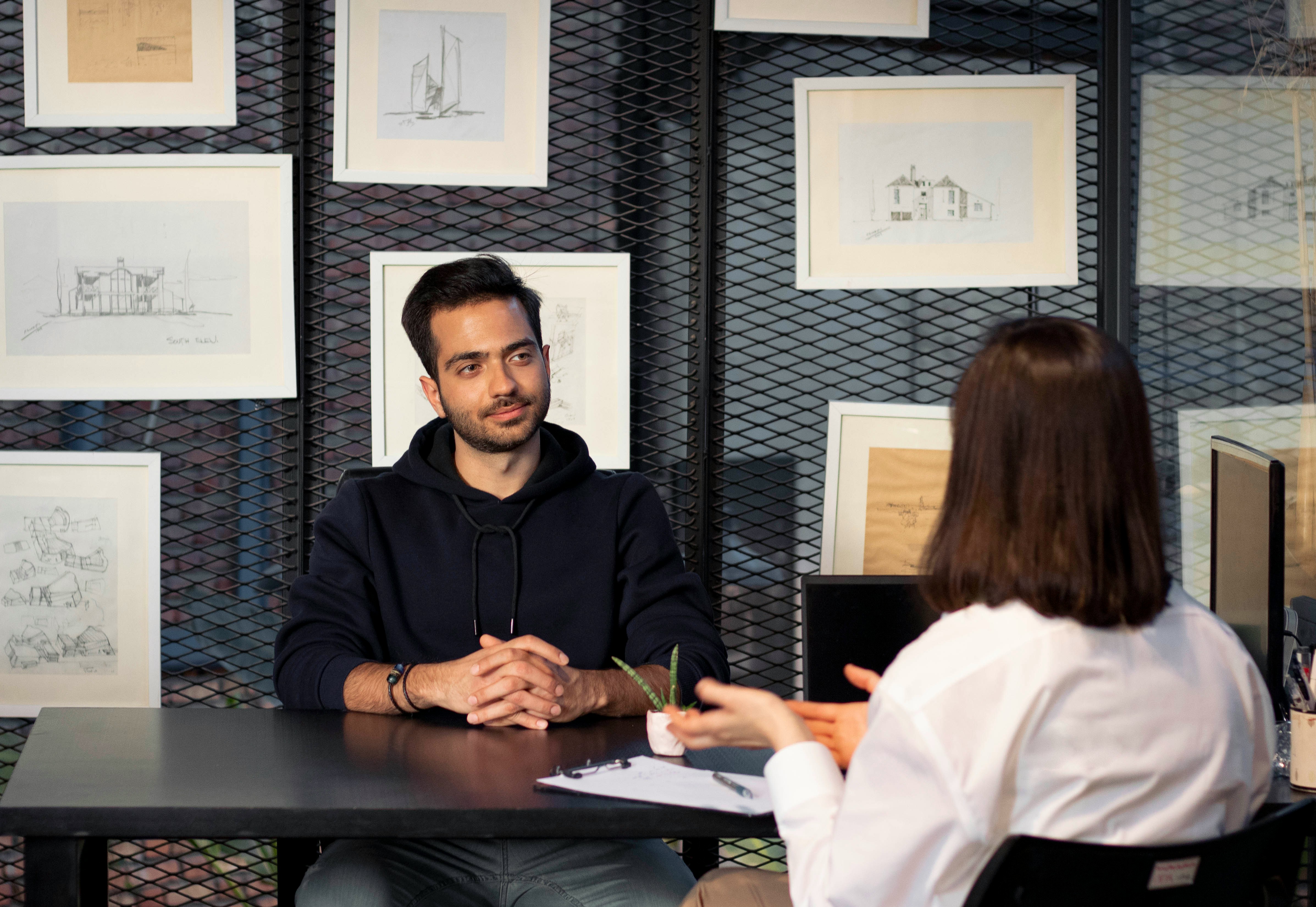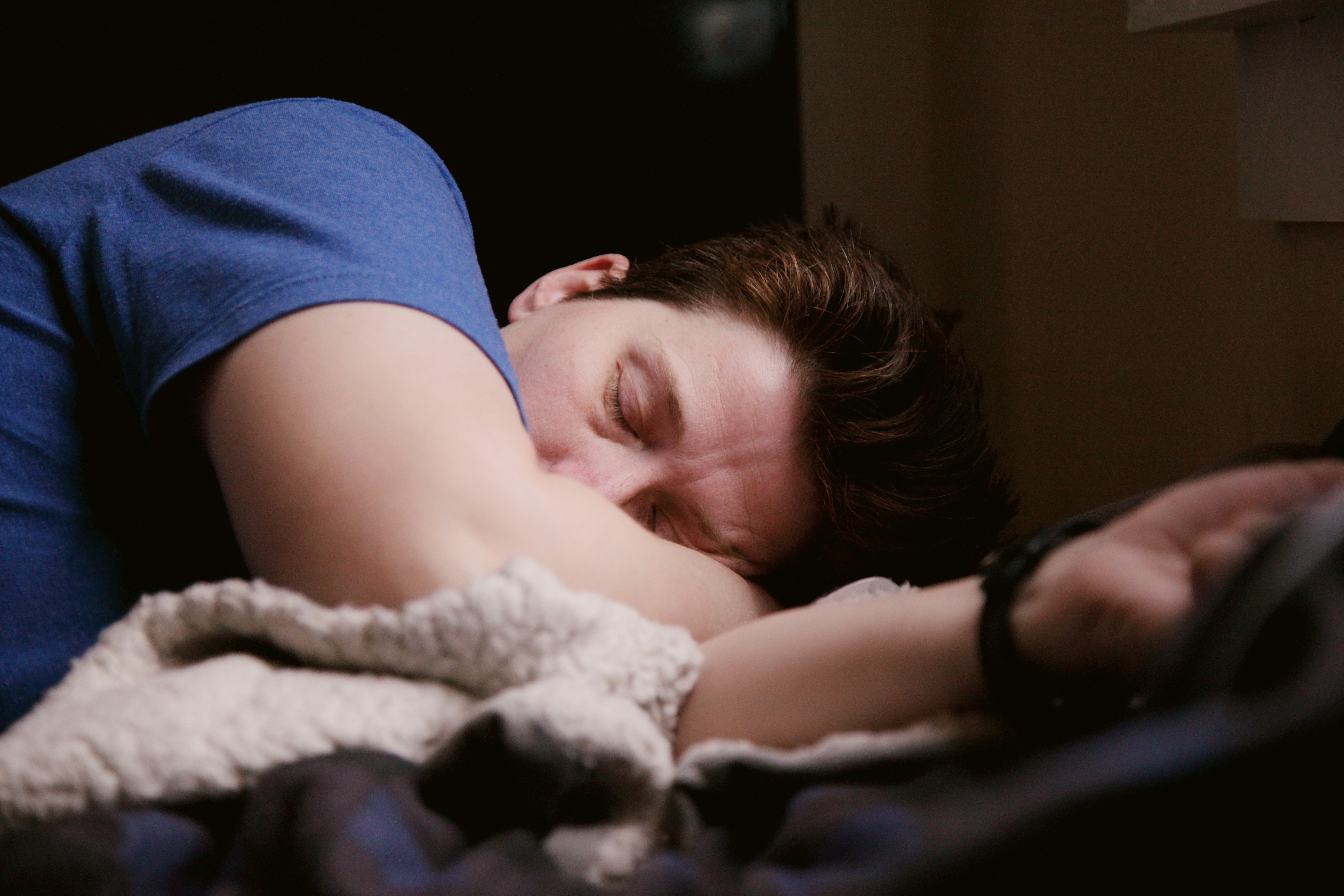Therapies

Individual Therapy
Each teen attends multiple weekly sessions with expert clinicians. In addition, psychiatrists are part of the personal Treatment Team.

Attachment-Based Family Therapy
We use Attachment-Based Family Therapy to strengthen the emotionally protective, secure-based, parent-child relationship while promoting adolescent autonomy.

Eye Movement Desensitization and Reprocessing
This evidence-based approach alleviates distress resulting from PTSD and traumatic memories, by adapting the way the brain processes information.

Family Therapy
We treat adolescents in the context of the entire family. Family members participate in weekly therapy, recovery work, and monitored group activities on weekends.

Group Therapy Program
Daily group therapy sessions allow residents to build healthy relationships, support one another, and discuss the healing process together.

Cognitive Behavioral Therapy
Our therapists use CBT and Trauma-Focused CBT to identify and modify thought and behavior patterns to create shifts from negative to positive mindset.

DBT-Informed Skills
Dialectical Behavioral Therapy (DBT)–informed skills help residents modify the unhealthy behaviors they used to cope with deeper underlying issues.

Body Image Group
This therapeutic process group provides a gender-specific, safe, and supportive environment. Hence, teens can express their concerns about body perceptions and external appearance.

Psychiatry
We perform a thorough clinical assessment to determine each incoming resident’s specific needs and create an individualized treatment plan that encompasses a variety of counseling and therapeutic modalities.

Gender-Responsive Care
Clients’ preferred gender identity is honored with inclusivity, acceptance, and support within the treatment milieu, while related issues become the focus of individual and family therapy.

Acceptance and Commitment Therapy
Acceptance and Commitment Therapy (ACT) combines acceptance and mindfulness with commitment and behavior-change strategies to increase psychological flexibility.

Relational Trauma Repair
This interactive experiential modality includes therapeutic exercises to help heal the impact of relational trauma and attachment wounds, through practicing skills for connection and bonding.

Person-Centered or Humanistic Therapy
This modality engages teens with unconditional positive regard, compassion, and empathy, allowing them to feel accepted, seen, and understood.

Motivational Interviewing
Motivational Interviewing helps clients find the internal motivation they need to make lifestyle and behavior changes to address mental and physical health challenges.

Recovery Lifestyle
Motivational Interviewing helps clients find the internal motivation they need to make lifestyle and behavior changes to address mental and physical health challenges.